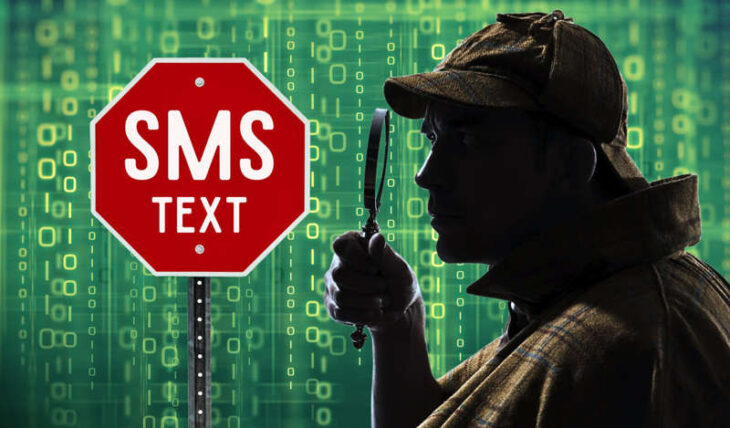In today’s world, messaging apps are essential for staying connected. They help us have personal conversations, communicate for work, and share sensitive information. However, not all messaging apps are equally secure. This article explains why end-to-end encryption (E2E) is important in messaging apps, the technical challenges in building them, and why they matter more than ever.
Understanding End-to-End Encryption
End-to-end encryption ensures that only the sender and recipient of a message can read its contents. This means that the service provider or the platform itself cannot access the messages. E2E encryption uses public and private keys. The sender uses the recipient’s public key to encrypt the message, and the recipient uses their private key to decrypt and read it.
Comparing Messaging Apps
Let’s compare different messaging apps:
1. E2E Messaging Apps:
- Signal: Signal is known for its strong commitment to privacy and security. It uses E2E encryption for all messages, ensuring only the sender and recipient can read them.
- WhatsApp: WhatsApp also uses E2E encryption by default for all chats, providing a high level of privacy.
- Telegram (Secret Chats): Telegram offers E2E encryption in its “Secret Chats” feature, allowing users to have private, self-destructing conversations.
2. Non-E2E Messaging Apps:
- SMS (Text Messages): Traditional text messages (SMS) are not encrypted. They can be intercepted and stored by mobile carriers.
- Discord: Discord, a popular chat and voice communication platform, does not use end-to-end encryption for messages. While it has some security features, including encryption during transmission, messages are not fully protected from unauthorized access.
- Slack: Slack, a widely used team collaboration platform, also does not offer end-to-end encryption for messages by default. It prioritizes encryption during transmission and data security within its platform.
- Email (Non-Encrypted): Most standard email services do not use E2E encryption. Emails are transmitted and stored in a readable format on email servers.
Technical Challenges in Building E2E Apps
Building E2E encryption apps presents unique technical challenges:
1. Key Management:
- E2E apps require a secure system for managing public and private keys. Key generation, distribution, and storage must be carefully designed to prevent unauthorized access.
2. Synchronization:
- Keeping messages in sync across multiple devices can be complex. Ensuring all devices have access to the same keys and messages without compromising security is a significant challenge.
3. User Experience:
- E2E encryption should not negatively impact user experience. Developers must balance security and usability to prevent slow performance or confusing interfaces.
4. Recovery Mechanisms:
- Users sometimes lose access to their private keys, resulting in the loss of encrypted data. Building secure recovery mechanisms without compromising security is a difficult problem.
The Role of End-to-End Encryption in Personal Security

End-to-end encryption in messaging apps provides important personal security benefits:
1. Protection Against Hacking:
- End-to-end encryption makes it extremely difficult for hackers to intercept and understand your messages. Even if they manage to access the encrypted data, they cannot read it without the recipient’s private key.
2. Safeguarding Against Identity Theft:
- When you use end-to-end encrypted messaging, your personal information like bank account details or social security numbers remains secure from identity thieves.
3. Preventing Unauthorized Access:
- With end-to-end encryption, only authorized users can access the content of your messages. This protects you from unauthorized snooping or eavesdropping.
4. Reducing Criminal Activity:
- End-to-end encryption helps prevent messaging platforms from being used for criminal activities like fraud, extortion, and cyberbullying by ensuring secure and private communications.
The Role of E2E Encryption in Unstable Governments
In regions with unstable governments or oppressive regimes, E2E encryption is crucial for preserving human rights and protecting citizens. Here’s why:
1. Protection of Dissidents and Activists:
- E2E encryption allows activists and dissidents to communicate securely, shielding them from government surveillance and potential persecution.
2. Safeguarding Journalists:
- Journalists can use E2E messaging to protect their sources and ensure the confidentiality of sensitive stories.
3. Preserving Freedom of Expression:
- E2E encryption allows citizens to freely express their opinions and share information without fear of censorship or retribution.
Why Some Governments Want to Outlaw E2E Encryption
Despite its benefits, E2E encryption faces opposition from some governments. Here are the main reasons:
1. National Security Concerns:
- Governments argue that E2E encryption can be used by criminals and terrorists to plan and carry out illegal activities without detection.
2. Law Enforcement Access:
- Some governments propose “backdoors” that would allow law enforcement agencies to access encrypted messages when necessary.
3. Data Surveillance:
- Governments often want access to user data for surveillance purposes, which E2E encryption prevents.
Experts in Building E2E Encrypted Apps
At Jonajo Consulting, we have the knowledge and experience to create secure messaging apps with end-to-end encryption. Our team understands how encryption works and focuses on making sure your app is both secure and easy to use. We are dedicated to protecting your privacy and keeping your information safe from hackers and unauthorized access.
Conclusion
End-to-end encryption in messaging apps is not just a fancy technology; it’s a crucial way to protect our privacy and security, especially in places where these rights are in danger. While people debate about privacy and national security, end-to-end encryption remains a powerful tool to keep our personal information safe from prying eyes. It allows us to communicate freely and securely in our connected world. Building and maintaining encrypted apps is a complex task, but having experts like Jonajo Consulting by your side can make a big difference in achieving both security and user satisfaction.


